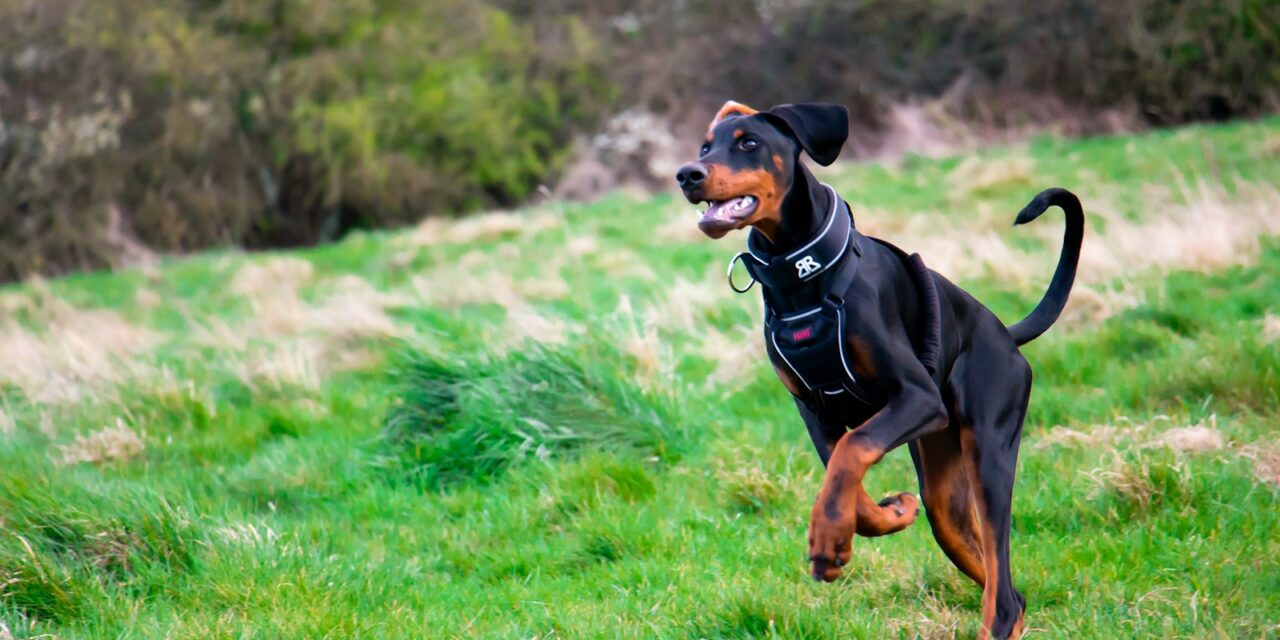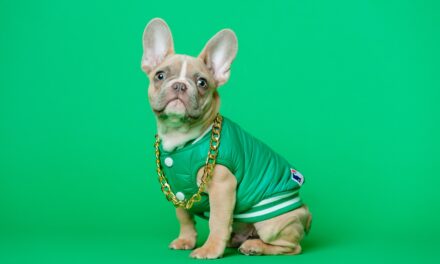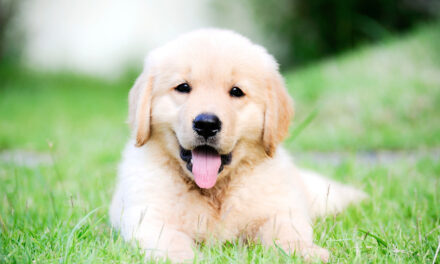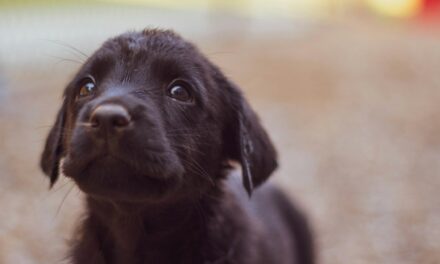The Kennel Club has given the green light to a new official DNA testing scheme for DINGS2 in Dobermanns after consulting with the breed’s health co-ordinator.
DINGS, an early-onset neurological disease, poses significant health risks for affected dogs, often resulting in euthanasia due to the poor quality of life it induces.
DINGS is described as autosomal-recessive, meaning a dog must inherit two copies of an abnormal gene (one from each parent) to be affected. The newly approved DNA testing scheme categorises tested dogs into three groups based on their genetic makeup:
- Clear: Dogs without any copies of the abnormal gene associated with the disease. They are highly unlikely to be clinically affected and will only pass on a normal gene to offspring.
- Carrier: Dogs with one copy of the normal gene and one copy of the abnormal gene. While unlikely to be clinically affected, they may pass on either gene to their puppies.
- Affected: Dogs with two copies of the abnormal gene. They are likely to be clinically affected by the disorder and will pass on the abnormal gene to any potential offspring.
Recording Test Results
Test results will be documented in the dog’s registration details, leading to their publication in the Breed Records Supplement and on The Kennel Club website’s Health Test Results Finder. Owners of previously tested dogs can also record their results by submitting copies of DNA certificates to the Health Results team via email.
Owners are reminded of the following:
- Since August 2018, it’s mandatory to record the dog’s microchip (or tattoo) along with their registered name or number on DNA certificates.
- The Kennel Club has specific criteria for DNA testing laboratories, and results from approved labs are recorded. Owners should ensure their chosen lab is on The Kennel Club’s list to have results published.
- Information on approved laboratories and relevant DNA tests for each breed can be found on The Kennel Club website.
The Kennel Club continually reviews DNA testing schemes in collaboration with breed clubs to support responsible breeding decisions. Requests for new DNA tests are considered with input from breed health coordinators and clubs.








